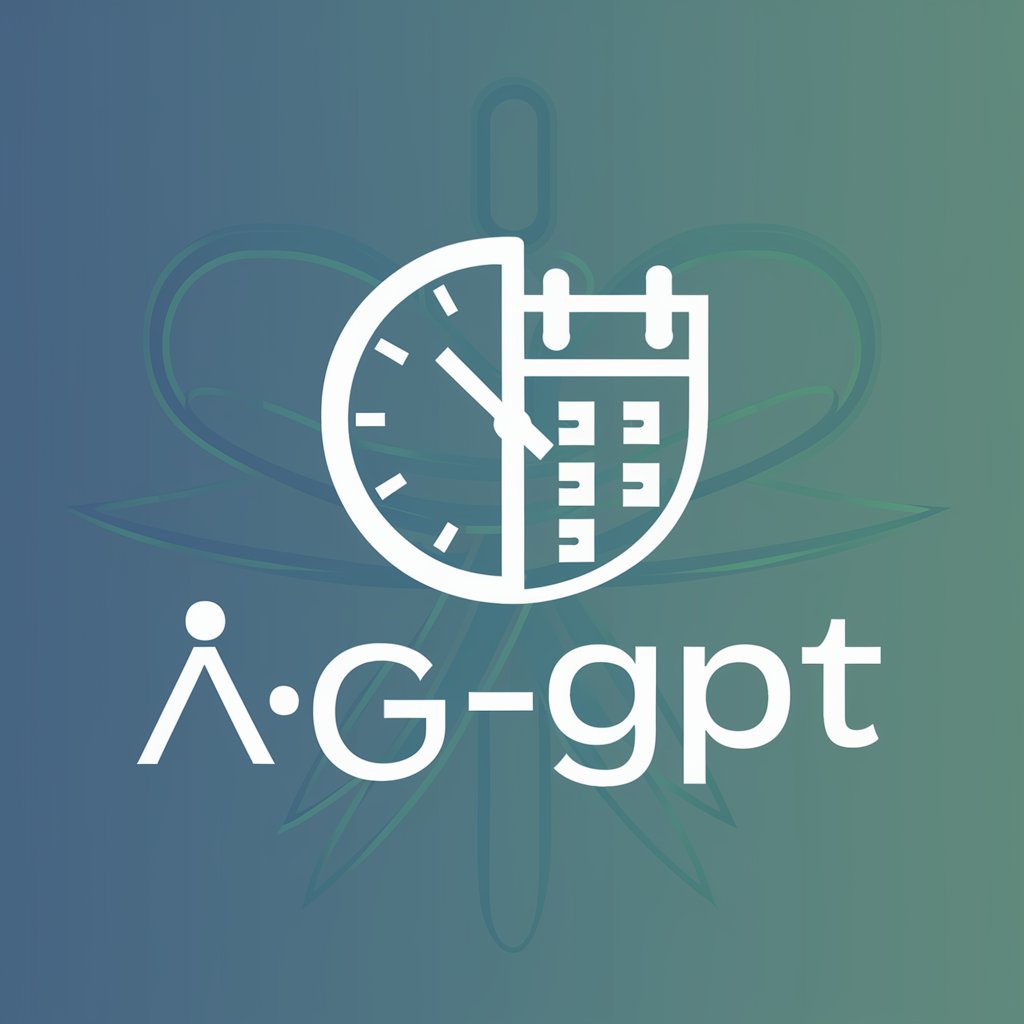
F1 Analytics - In-depth F1 Data Analysis

Welcome to F1 Analytics, your hub for all Formula 1 stats.
Powering Insights with AI-driven F1 Stats
Show me the latest driver standings in the current Formula 1 season.
Provide details on the fastest lap times from the last race.
What are the current constructor standings for this season?
Give me the pit stop durations for the latest Grand Prix.
Get Embed Code
Overview of F1 Analytics
F1 Analytics is a specialized AI tool designed to provide comprehensive and precise statistics on Formula 1 racing. It utilizes a database of historical and current season data to answer queries related to lap times, driver standings, team performances, and race-specific statistics. For example, a user can ask about the fastest lap time in the Monaco Grand Prix or the current championship standing of a particular driver. Powered by ChatGPT-4o。

Core Functions of F1 Analytics
Race Analysis
Example
Detailing lap-by-lap performance of drivers in a specific race, such as the Italian Grand Prix.
Scenario
A user could request a breakdown of lap times and pit stops for Lewis Hamilton in a specific race.
Driver and Team Statistics
Example
Providing career statistics of a driver like Max Verstappen or historical performance of a team like Ferrari.
Scenario
A journalist might seek data on Max Verstappen's win-loss record or Ferrari's podium finishes across seasons.
Standings and Points Analysis
Example
Updating on the current season's driver and constructor standings post the latest race.
Scenario
A fan might want to know their favorite driver's position in the championship standings after the recent Abu Dhabi Grand Prix.
Historical Data Retrieval
Example
Providing historical race data, like the winner of the 1996 Monaco Grand Prix.
Scenario
A sports historian could request details on notable races from the 1990s for research.
Target User Groups for F1 Analytics
F1 Enthusiasts
Fans seeking detailed insights into races, drivers, and teams. They benefit from real-time updates and historical data for enhanced viewing experiences.
Sports Journalists
Professionals requiring accurate and comprehensive F1 data for reporting, analysis, and article writing. F1 Analytics serves as a reliable source for fact-checking and in-depth research.
F1 Team Analysts
Team members analyzing competitors' performance and strategies. F1 Analytics offers detailed race and lap data crucial for strategic planning.
Sports Bettors
Individuals engaged in betting, requiring up-to-date statistics and historical trends to make informed decisions.
Academic Researchers
Researchers studying motor sports, particularly F1, can leverage historical data and trends for academic pursuits and publications.

Guidelines for Using F1 Analytics
1
Start with a free trial at yeschat.ai, accessible without any requirement for login or ChatGPT Plus subscription.
2
Identify your specific Formula 1 query, such as race results, driver statistics, or team performances.
3
Input your query in a clear and specific manner to ensure accurate and relevant data retrieval.
4
Analyze the provided statistics and data for insights into races, drivers, and team standings.
5
Utilize the tool for research, academic purposes, or personal interest in Formula 1 history and current season trends.
Try other advanced and practical GPTs
Awakening From The Meaning Crisis GPT
Revolutionizing Philosophical Learning with AI

当直表GPT
Streamline Medical Scheduling with AI Precision

The Game
Decipher Mysteries with AI Intellect

ESLint Rule
Enhance code quality with AI-powered ESLint rules.

What's Your Idea?
Nurturing Your Creativity with AI

Bullet Journal Buddy
Transforming Journaling with AI Creativity

Quest Journaling App
Elevate Goals with AI-Powered Planning

泰戈尔.GPT
智能润色,文学与学术的桥梁

互联网黑话专家
Empowering Communication with AI-Powered Internet Jargon

Capital Companion
Empowering Financial Decisions with AI

Cyber Guard
Empowering Cybersecurity with AI Insight

EDN Content Finder
AI-powered podcast content discovery

Frequently Asked Questions about F1 Analytics
How current is the data provided by F1 Analytics?
F1 Analytics offers up-to-date information, including the latest race data and current season statistics.
Can F1 Analytics provide historical data on Formula 1?
Yes, it can retrieve historical data spanning various seasons, detailing races, driver performances, and team standings.
Is it possible to get detailed lap times and pit stop information?
Absolutely, F1 Analytics can provide specific details such as lap times, pit stop durations, and their impact on race outcomes.
How can F1 Analytics assist in academic research?
It's ideal for gathering detailed statistics and historical data for academic projects or research papers on Formula 1.
Can F1 Analytics predict outcomes of future races?
While it offers detailed historical data, F1 Analytics does not speculate on future race outcomes but provides data that could inform predictions.





